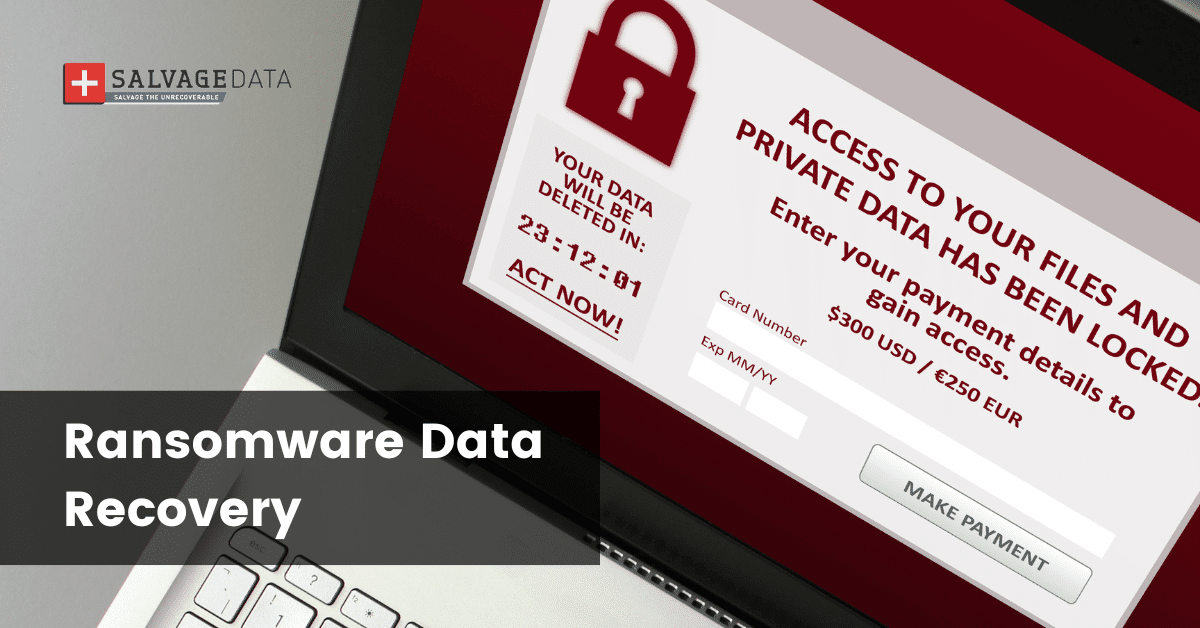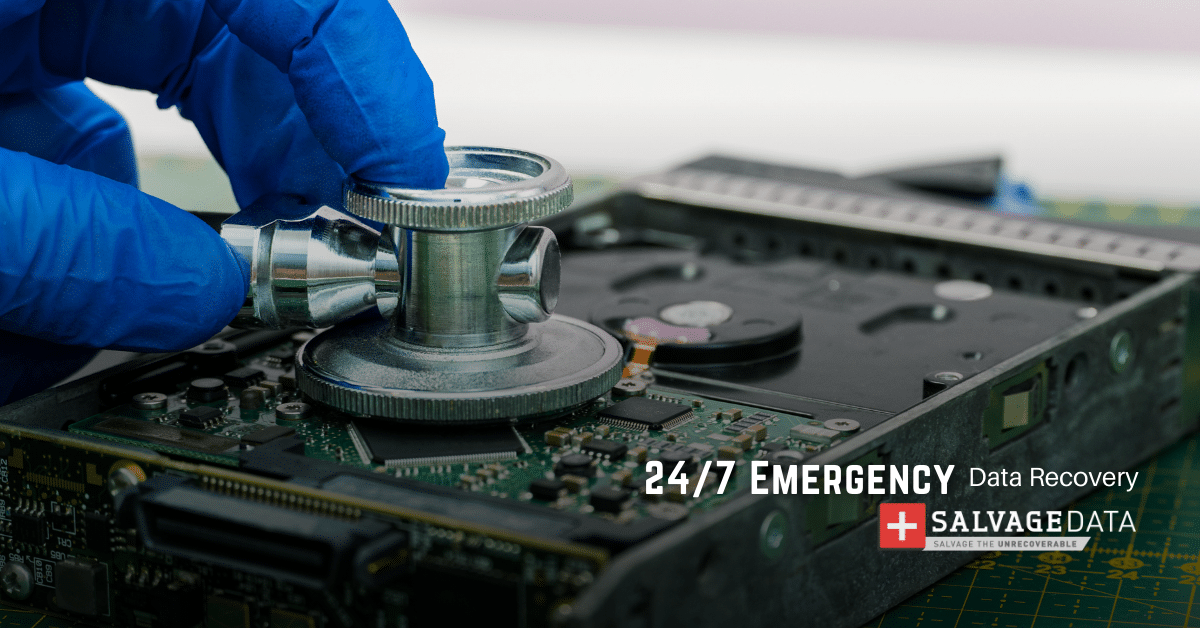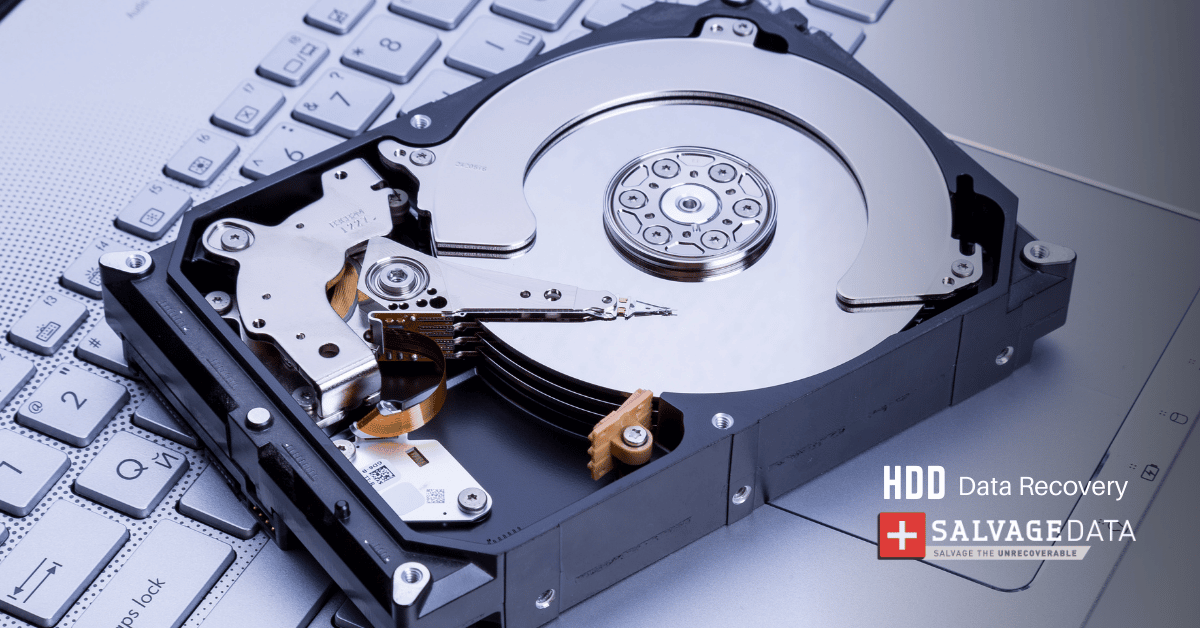
I think there's an issue with my storage device, but I'm not sure Start a free evaluation →
I need help getting my data back right now Call now (800) 972-3282
What is EdgeLocker Ransomware?
EdgeLocker is a new ransomware that is currently spreading in the wild. This ransomware is a variant of the notorious Locky Ransomware and uses the same AES-256 encryption algorithm to encrypt the victim’s files.
This type of encryption is very difficult to crack, and it is almost impossible to decrypt the files without paying the ransom.
Someone distributes EdgeLocker through spam emails that contain a malicious ZIP attachment. These emails pretend to be from well-known organizations or companies and try to trick the victims into opening the attachment. Once the attachment is opened, EdgeLocker Ransomware will be downloaded and executed on the victim’s computer. EdgeLocker Ransomware will then start to scan the computer for files to encrypt. Once the encryption process is complete, EdgeLocker Ransomware will display a ransom note named “! How TO DECRYPT FILES .TXT” in every folder that contains encrypted files. This note contains instructions on how to decrypt the encrypted files.
How much is the ransom?
The ransom demanded by EdgeLocker Ransomware is 0.5 Bitcoin, which is currently equivalent to about $2700. EdgeLocker Ransomware gives the victims 10 days to pay the ransom, after which the price will double.
Should you pay the ransom?
We do not recommend that you pay the ransom. There is no guarantee that EdgeLocker Ransomware will decrypt your files even if you pay the ransom. In addition, by paying the ransom, you will be supporting the cyber criminals’ business and encouraging them to continue their illegal activities.
History
EdgeLocker Ransomware was first spotted on December 28, 2016.
The biggest EdgeLocker campaign started on January 4, 2017, and is still ongoing. This campaign is using the Necurs botnet to spread EdgeLocker Ransomware through spam emails.
What types of files does EdgeLocker Ransomware encrypt?
EdgeLocker will encrypt almost all types of files on the victim’s computer. This ransomware will append the “.locked” extension to the encrypted files.
Protection
To protect your computer from EdgeLocker Ransomware and other ransomware, you should:
– Use a reputable anti-malware program, such as Malwarebytes, to scan your computer for EdgeLocker Ransomware and other malware.
– Be very careful when opening email attachments.
– Do not download or open files that come from untrustworthy sources.
– Backup your important files regularly so that you can restore them if they are encrypted by EdgeLocker Ransomware or any other ransomware.
What should you do?
Your best option is to restore your files from a backup. If you do not have a backup, you may be able to use data recovery software to recover some of your files. However, this will not work for all types of files.
We built SalvageData data recovery software to help you.
How to remove EdgeLocker Ransomware?
To remove EdgeLocker Ransomware from your computer, you can use a reputable anti-malware program, such as Malwarebytes.
Is there a public decryption tool?
No, there is no public decryption tool for EdgeLocker Ransomware at this time.
Contact a data recovery service
If you cannot remove EdgeLocker Ransomware or decrypt your files, you can try contacting a data recovery service.
If you are looking for a data recovery service, we recommend that you try using SalvageData. We have successfully recovered EdgeLocker Ransomware encrypted files for our customers. SalvageData ransomware data recovery team will decrypt your files and guarantee they restored them. Contact now SalvageData experts to learn more and get professional help.



